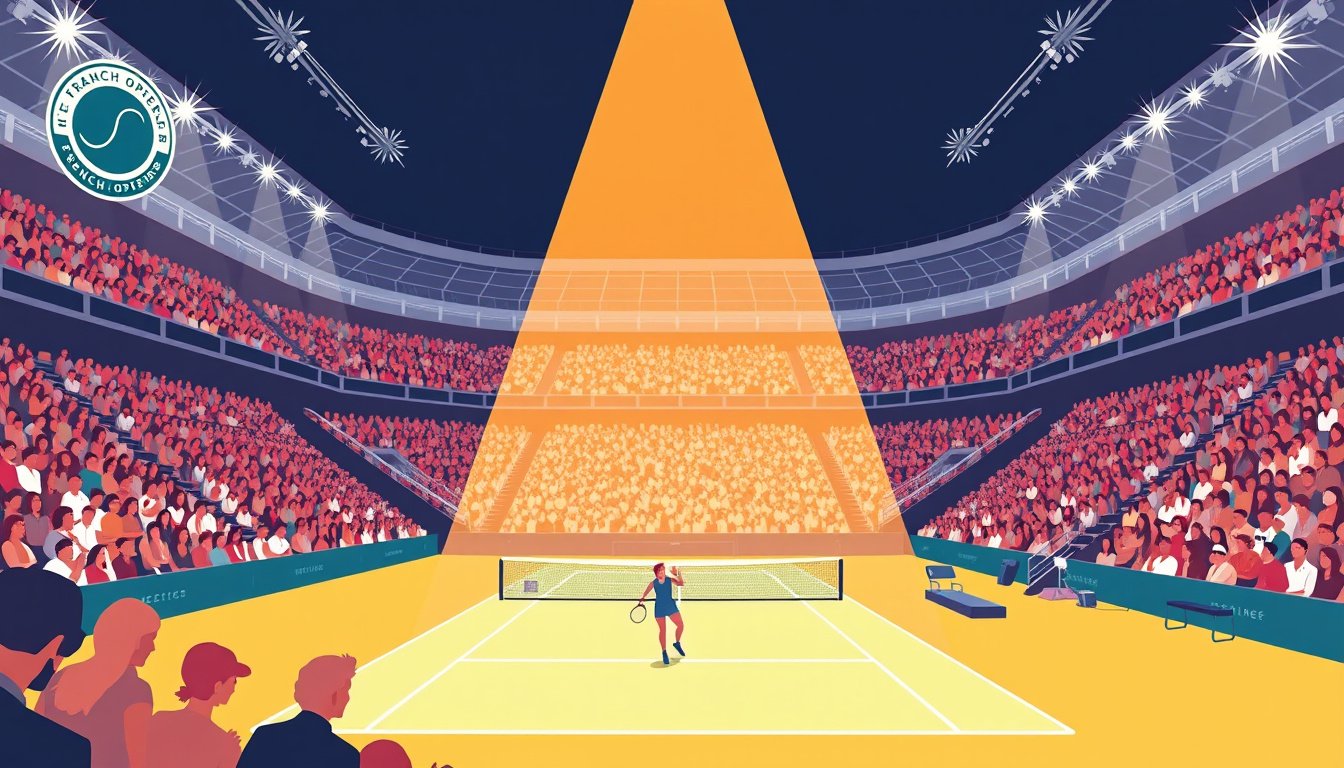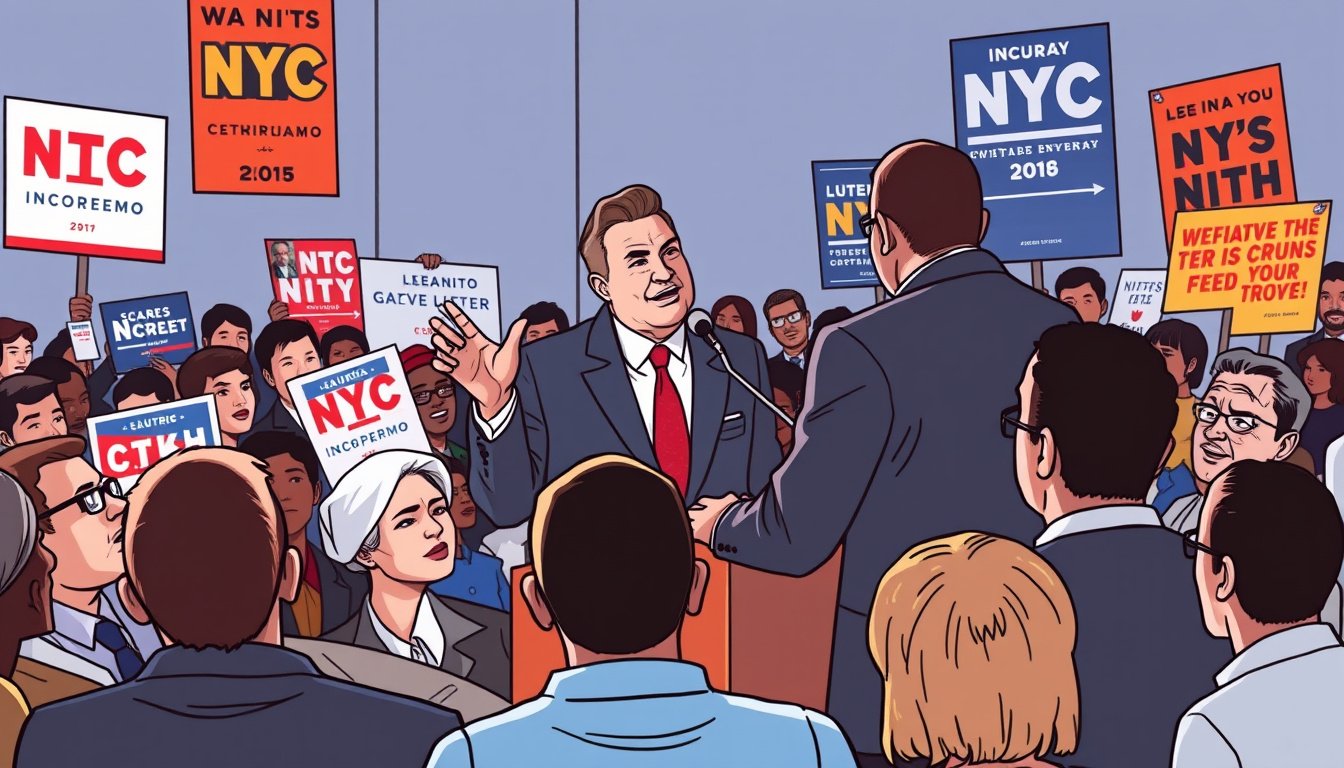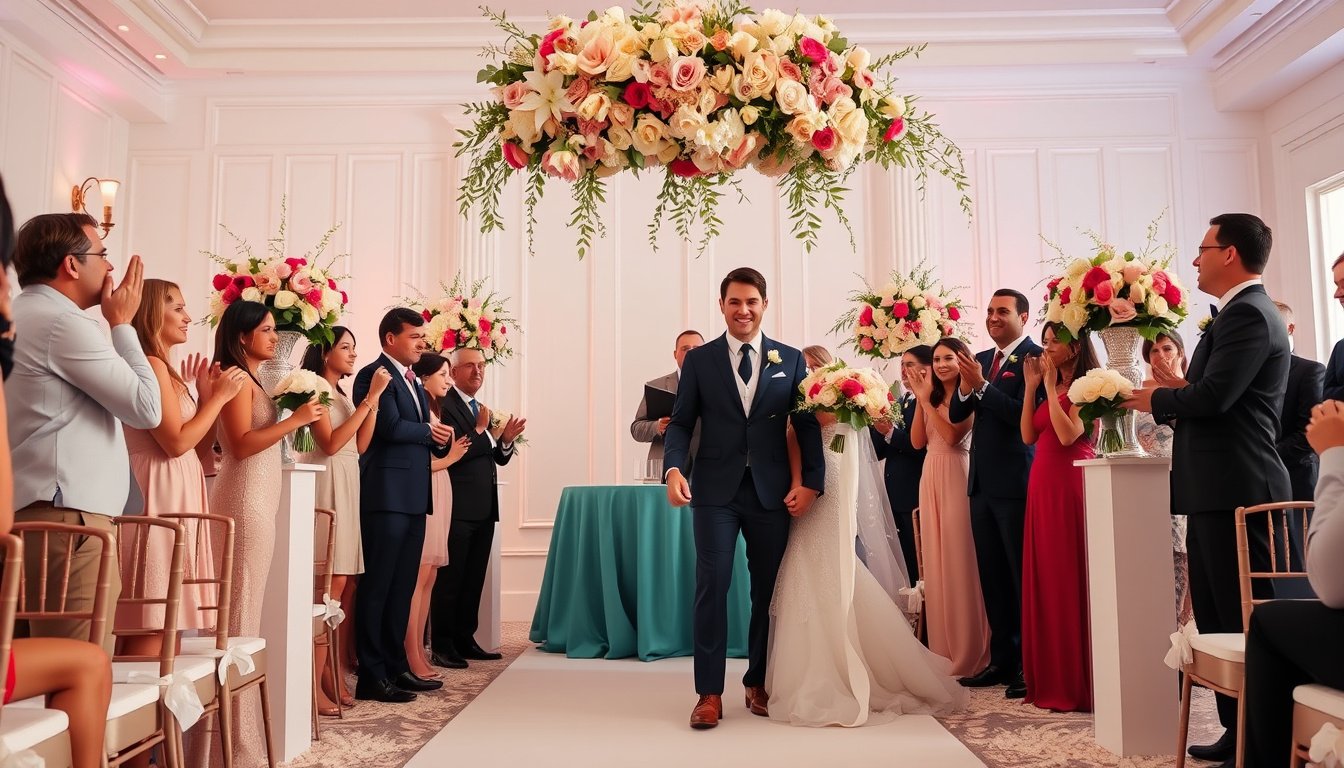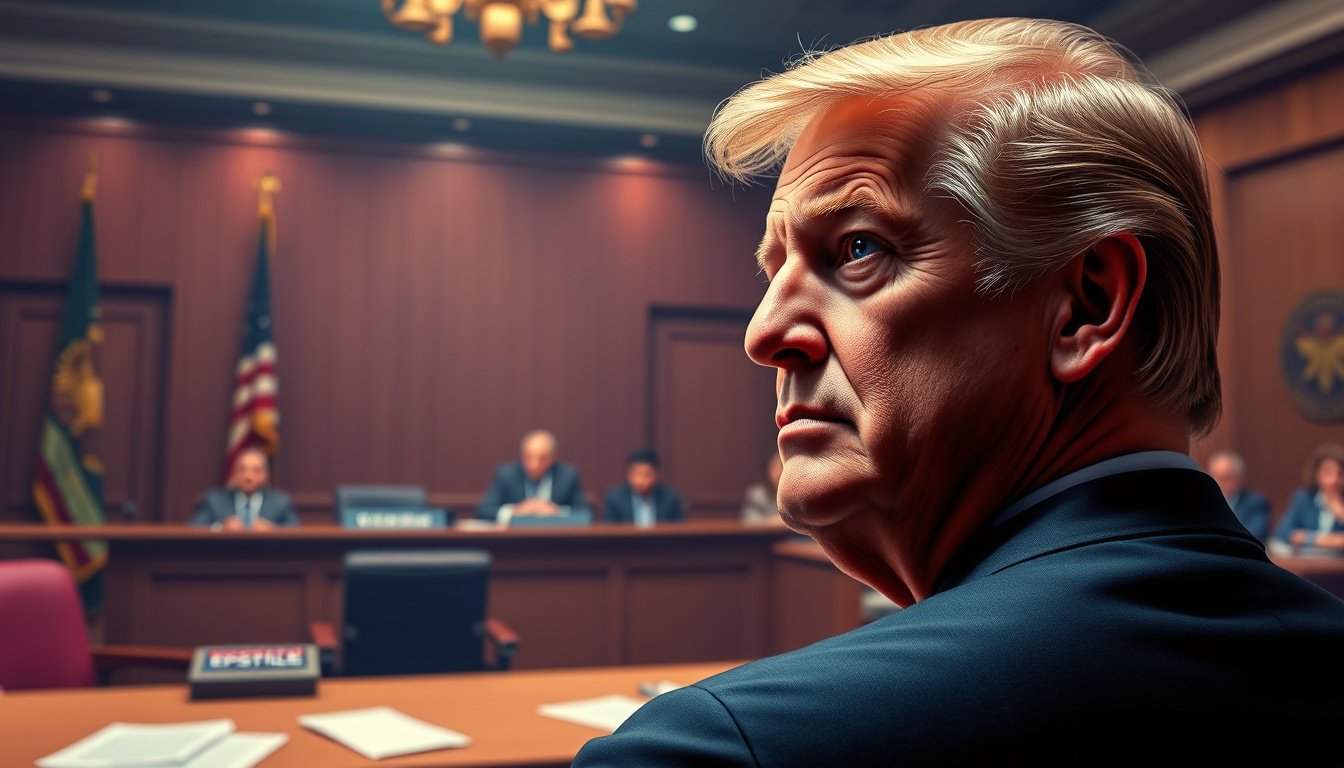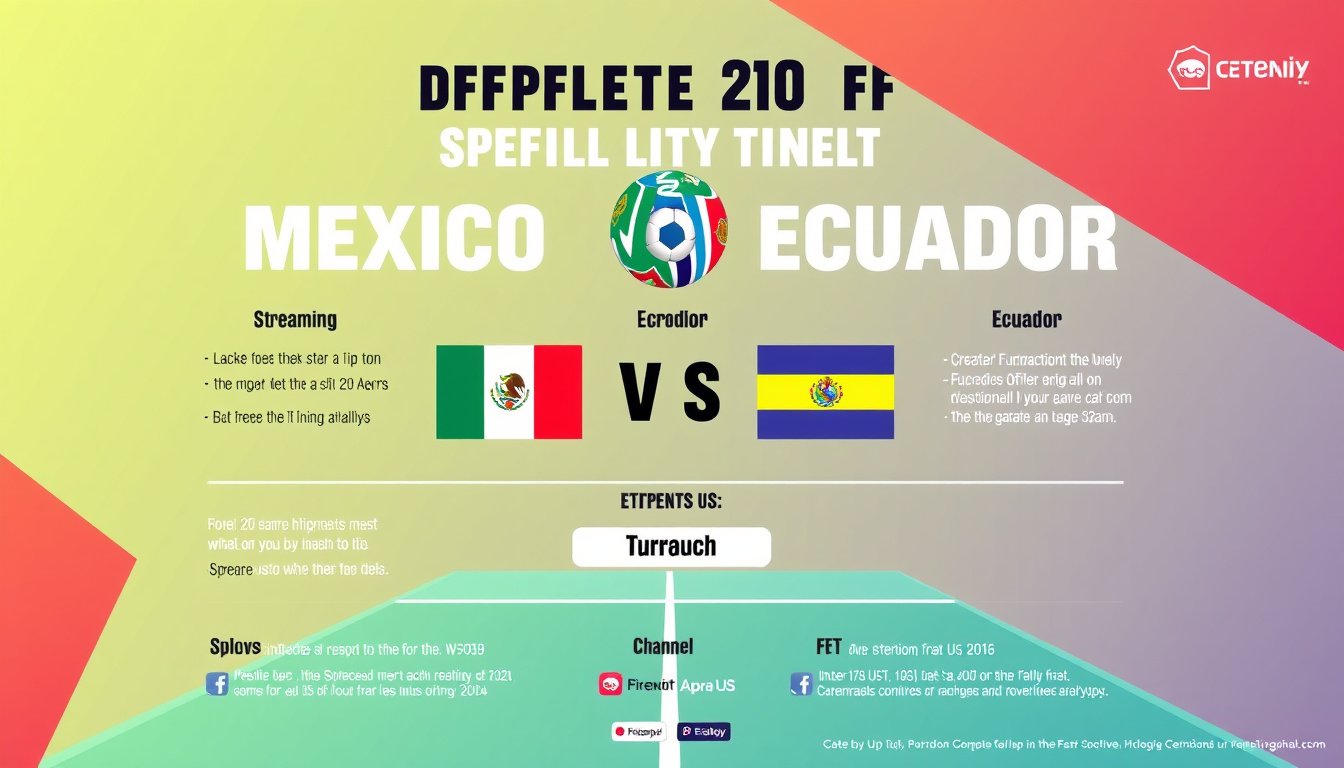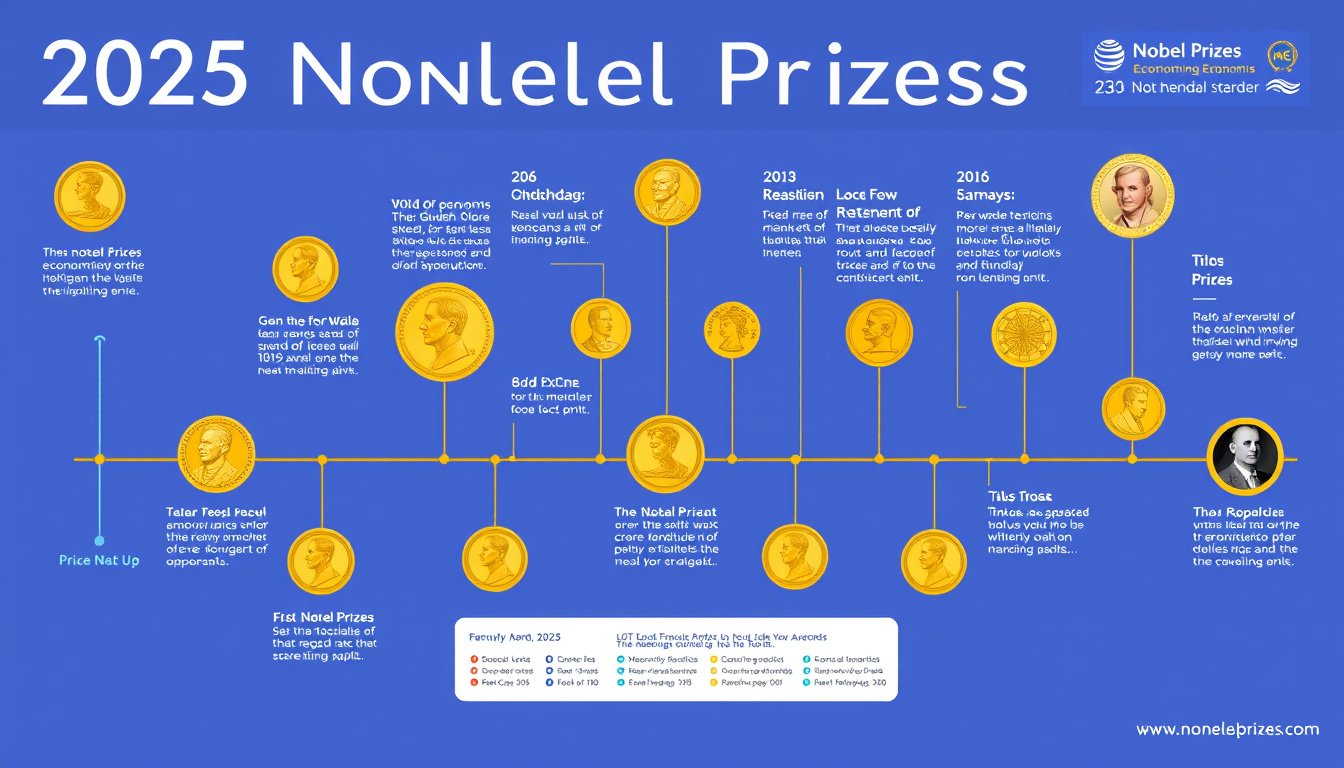In the competitive realm of tennis, discussions surrounding gender equality in sports have gained momentum, particularly in high-profile tournaments like the French Open. Prominent among those raising their voices is Ons Jabeur, a trailblazing athlete and former Wimbledon finalist, who is advocating for equal visibility for women’s matches, especially during prime-time slots at Roland Garros.
Despite the advancements made in women’s sports, Jabeur’s observations highlight a persistent disparity in broadcasting opportunities. In the recent French Open, she pointedly criticized the scheduling practices that have historically favored men’s matches in essential primetime slots. Since the introduction of night sessions in 2021, the narrative has remained unchanged: these coveted slots are overwhelmingly occupied by male players. Last year, every one of the 11 night matches showcased male talent, and this year began with the same trend.
Jabeur’s remarks came after her own first-round exit at the 2025 French Open against Poland’s Magdalena Frech. However, her focus swiftly shifted from her defeat to addressing the larger issue at hand. She expressed disappointment with the French Tennis Federation’s (FFT) president, Gilles Moretton, who suggested that match scheduling was based on what pleases the spectators. Jabeur contended that, contrary to this belief, the lack of visibility for women’s tennis perpetuates the narrative that fans are not as interested in female athletes.
“It’s ironic,” remarked Jabeur. “They don’t show women’s sport, then wonder why people don’t watch. If you showcased top-level matches featuring female players, like those of Naomi Osaka and Paula Badosa, fans would tune in.” Her frustration reflects a broader sentiment in women’s sports, where unequal representation largely determines audience engagement.
Jabeur’s comments resonate deeply, particularly in a world striving for equality across all facets of life, including sports. She poignantly noted, “I don’t think they have daughters, because I don’t think they want to treat their daughters like this.” It’s a call to not just the FFT, but to all stakeholders involved in organizing events — to recognize the talent and potential of female athletes and ensure they receive equal consideration and exposure.
The lack of women’s matches in prime-time slots at major events like the French Open not only undermines the hard work and dedication of female athletes but also deprives fans of the opportunity to witness remarkable sportsmanship and skill. As Jabeur emphasized, the narrative can change. With the right decisions made by sporting institutions and broadcasters, viewership can shift to highlight the excitement and intensity that women’s matches bring to the court.
The tennis community and fans alike must rally behind initiatives that promote equity in sports. Jabeur’s bold advocacy is not merely about fair scheduling but is a call to action for greater recognition of women’s contributions to tennis—a step towards ensuring that future generations can enjoy a more balanced and inclusive sporting environment. As we look ahead, the spotlight on tomorrow’s champions includes amplifying the voices and talents of women just as loudly as we do for men.
In essence, Ons Jabeur’s fight for equal representation exemplifies a growing awareness and desire for change in the sports world. As discussions such as these continue, they pave the way for a more equitable future, one where all athletes, regardless of gender, get the spotlight they deserve.
